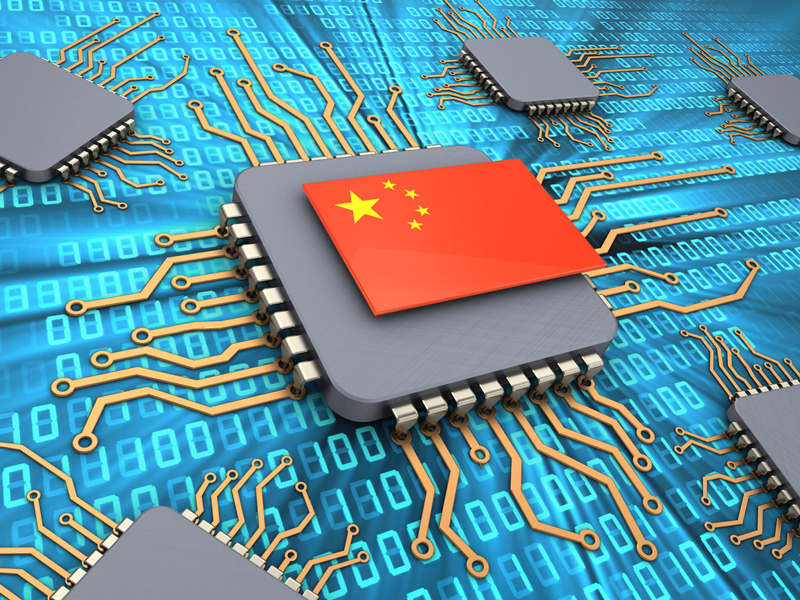Complacency or eased trade restrictions on dual-use technology would be the greater danger. So would any backing-off of counter-espionage investigations into Chinese bribery of American university professors or further infiltrations of PLA-linked Chinese nationals into research centers in the U.S. Both are prime examples of Beijing's willingness to play a long game as regards theft of intellectual property that has potential military applications.
Interestingly, there is another Chinese firm that is often mentioned in discussions of China's push into facial recognition AI development. The company known as Megvii produces a software application called Face++ that has secured many patents in the use of AI for surveillance technologies. One of that company's stakeholders? Bohai Harvest RST, the investment company started by Hunter Biden and his business partners.
We have seen that China is one of the many practitioners of the "Princeling" strategy, which enriches the associates or family members of powerful politicians in order to grease the skids for deals that, if considered on their own merits, would likely not be allowed by the national security gatekeepers whose mission is to protect valuable military technology from getting into the hands of America's adversaries.
Military use of artificial intelligence may well determine the outcome of the next war, and it is far too strategic to American national security to look away for even a moment from the dangers of the Chinese Communist Party.

China's military buildup threatens its neighbors and regional stability in the Far East. Military use of artificial intelligence may well determine the outcome of the next war, and it is far too strategic to American national security to look away for even a moment from the dangers of the Chinese Communist Party. (Image source: iStock)
China's military buildup threatens its neighbors and regional stability in the Far East. Beijing's aggressive military expansion has made its navy the largest in the world, and it has been flexing its maritime muscle in the South China Sea and Indo-Pacific region. It continues to build its ballistic missile capacities as well.
Further, China's expertise in cyber-warfare is both well-established and feared. It has allowed the PRC to hack into computers and steal intellectual property, as well as other cyber crimes.
But the junction of China's growing cyber capabilities and its aggressive military buildup is in the application of artificial intelligence (AI) to military weapons and systems.
Continue Reading Article
No comments:
Post a Comment